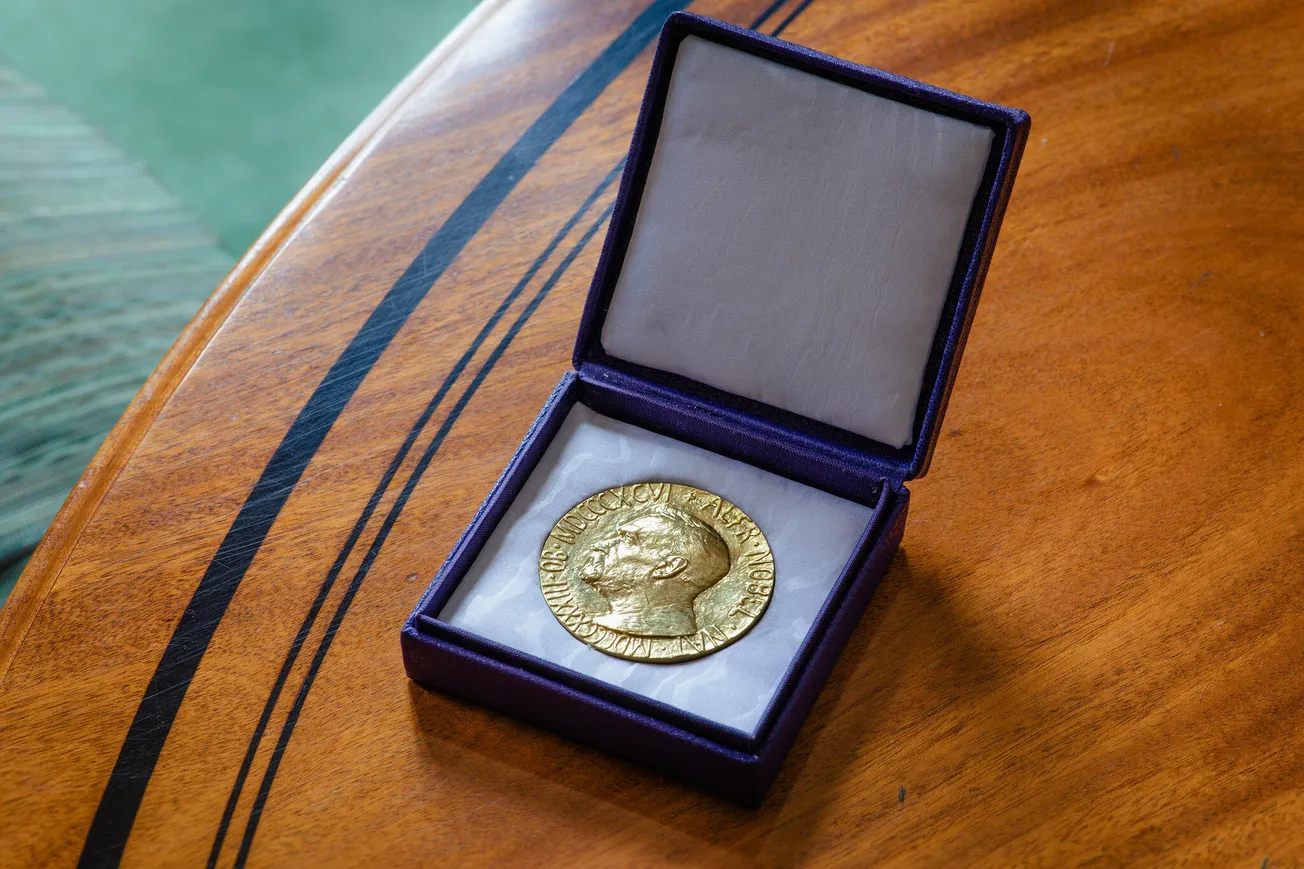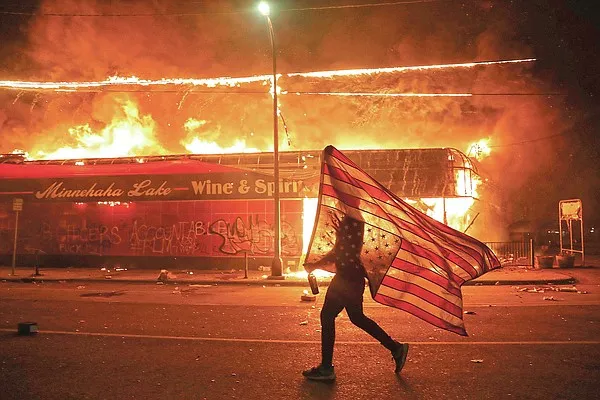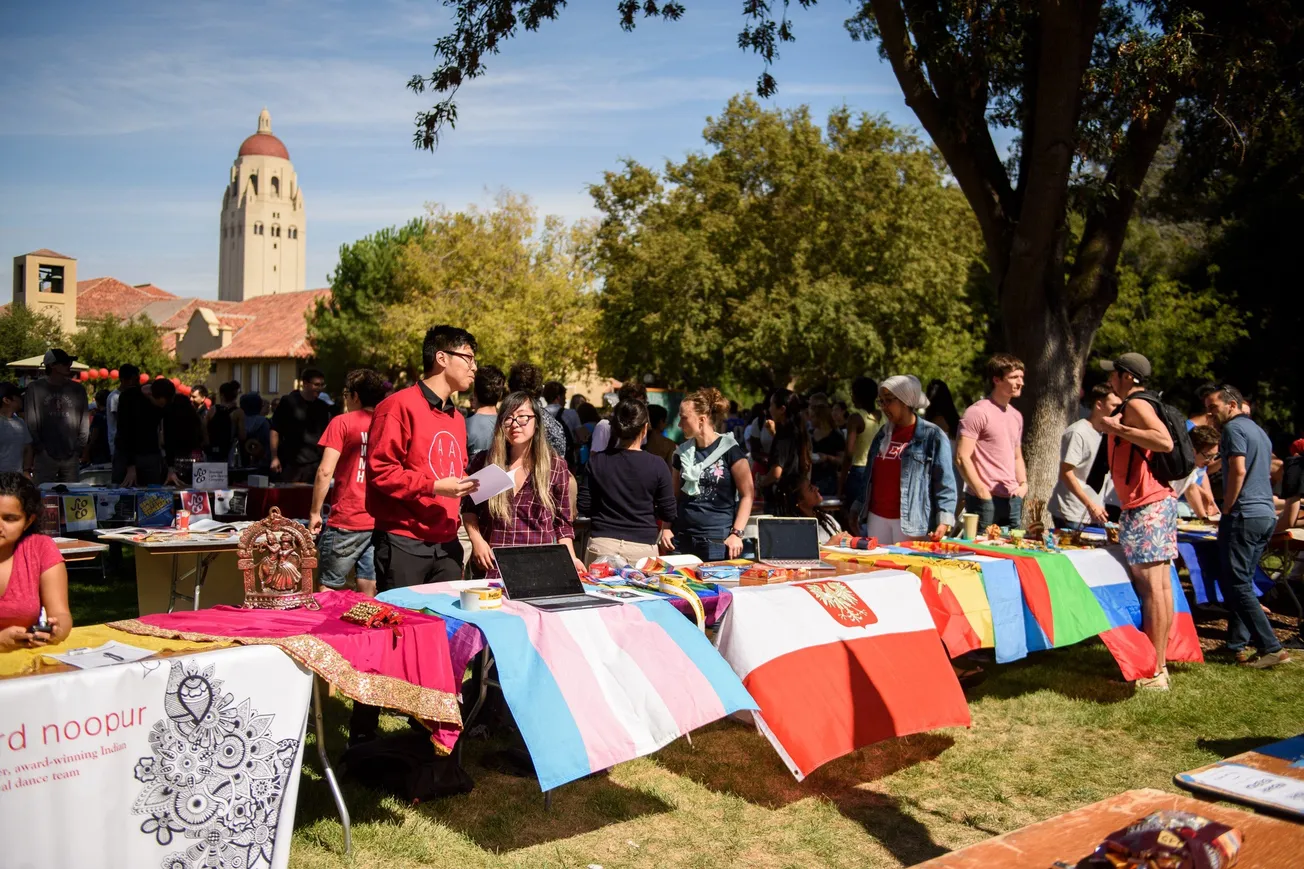Table of Contents
Twelve days ago, the Norwegian Nobel Committee awarded the Nobel Peace Prize to María Corina Machado. Machado is a prominent leader of the Venezuelan opposition against the dictatorship of Nicolás Maduro, which has plunged the South American country into economic ruin and tyranny. The committee decided to award Machado the prize based on her “tireless work promoting democratic rights … and for her struggle to achieve a just and peaceful transition from dictatorship to democracy.”
Missing from the announcement was mention of any tangible peace or progress achieved by Machado for the people of Venezuela.
Machado is an admirable activist, worthy of immense respect for her efforts to tear down Chavismo. While her cause is noble, the results of her work have, unfortunately, failed to liberate Venezuelans from socialist rule. The will of Alfred Nobel states that the prize should be awarded to people or entities who have “done the most or the best work for fraternity between nations, for the abolition or reduction of standing armies and for the holding and promotion of peace congresses." Indeed, the original Swedish will (with “har verkat” translating roughly to “has worked”) reveals that the work to be recognized must encompass concrete accomplishments, rather than aspirations or attempts at peace advocacy.
The administration of Donald Trump—who was nominated for the 2025 prize by numerous parties—has achieved these goals to a greater extent than any other person in the ten months since he assumed office. His administration embraces a return to realist foreign policy. This novel approach has led to the brokering of peace deals from Thailand and Cambodia to Armenia and Azerbaijan, the resolution of the twelve-day war between Iran and Israel, and the creation of a ceasefire between India and Pakistan. Most crucially, though, the Trump administration achieved a provisional peace deal which ended the war in Gaza, a work of extraordinary diplomatic merit. Not only did it reconcile the strong domestic motivation within Israel to continue the war and Hamas’ radicalism, but it also ended a two-decade-long struggle over the strip’s diplomatic status since the Palestinian Authority’s expulsion in 2007. Concretely, it ended a war which has killed tens of thousands of innocent Palestinians and Israelis, and resolved a two-year-long hostage crisis.
Chair of the Norwegian Nobel Committee Jørgen Watne Frydnes maintained that the body “base[s] only our decision on the work and the will of Alfred Nobel,” prioritizing “courage and integrity” in its deliberations. Inconsistent with Nobel’s will, however, this year’s Nobel Prize commended valiant intentions over measurable results. Machado herself, who stated that she would accept the award in honor of Donald Trump in December, demonstrates the ability to recognize achieved peace, which is sorely absent from members of the Nobel Committee.
This decision indicates a more profound flaw in the worldview of the foreign policy establishment. Congruent with the Wilsonian idealism of post-World War II diplomacy, the results of foreign policy are secondary to the intentions or methodology behind them. Adherence to the decorous pursuit of virtue within this transatlantic, rules-based international order supersedes actual achievement.
From Oslo and Brussels to Washington’s Think Tank Row, the Trump administration’s unconventional foreign policy has been widely scorned. Though Jared Kushner was derided for his autodidactic diplomacy, his shrewdness delivered the Abraham Accords and the Gaza Peace Plan. Fellow real-estate mogul Steve Witkoff was also enlisted as part of the unconventional team, which formalized the ceasefire in Egypt only three days after the Nobel Committee snubbed Trump. Trump’s realpolitik delivered results where the alumni of Harvard’s Kennedy School could not.
The Old World elite, comprising the membership of the Nobel Committee, has consistently embraced idealism over substance in the prize’s recent history. Barack Obama received the honor in 2009 in what was widely viewed as a political overture, and he himself expressed reservations at being awarded it. This hesitation was well-founded, as the prize honored only his "extraordinary efforts” to “strengthen international diplomacy and cooperation between peoples.” Furthermore, his nomination was received a scant eleven days after his inauguration, when his policies had hardly had time to manifest (unlike Trump, who achieved the Abraham Accords in his first term). Why was Obama commended for his mere efforts, while Trump’s tangible achievements are ignored?
The precedent created by Obama’s laureateship belies the argument that Donald Trump’s achievements were not in the scope of this year’s prize. While that technicality may have precluded the accomplishments of his second administration from being recognized in this year’s prize, he is certainly owed the utmost consideration for receiving it in 2026.
Some recent laureates, such as Colombia’s Juan Manuel Santos or even Ethiopia’s Abiy Ahmed, were honored for real contributions to solving disputes between nations. The majority of awards in the 21st century, however, adhere to a similar malaise, rewarding intentions over outcomes, commemorating the “struggles,” “efforts,” or “fights” of righteous but obscure and ineffective activists and NGOs.
The Nobel Peace Prize must return to its original intention: recognizing concrete achievements in diplomacy and peace among nations, rather than participation trophies for broad pro-democratic activism in illiberal societies. While the Georgetown School of Foreign Service or Brookings Institution may be reluctant to acknowledge the foreign policy success of New York real estate developers, the Nobel Peace Prize–itself endowed by Alfred Nobel’s dynamite fortune–should recognize concrete progress, regardless of its origin.





